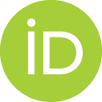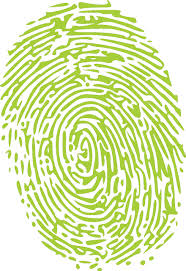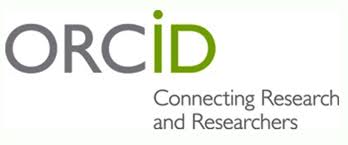Author: Ignacio Aguaded – Translation: Erika-Lucia Gonzalez-Carrion
The community of researchers around the world has grown steeply. Until recently we moved in local or regional scenarios and identification was a subject rather anecdotal because it was necessary neither to respond to international standards nor the circle of researchers where we moved was so great that our name was taken to confusion.
 Today day we operate, in the scientific sphere, as in many others, in a global universe where our community of peers is measured not by tens or hundreds but for thousands, already with several million researchers worldwide. As we all know in this science without borders is the English the lingua franca and the international standard the Anglo-Saxon model. Each person is defined by a name and a unique last name, and with them has to differentiate from the thousands of researchers working in related themes in all the corners of the planet.
Today day we operate, in the scientific sphere, as in many others, in a global universe where our community of peers is measured not by tens or hundreds but for thousands, already with several million researchers worldwide. As we all know in this science without borders is the English the lingua franca and the international standard the Anglo-Saxon model. Each person is defined by a name and a unique last name, and with them has to differentiate from the thousands of researchers working in related themes in all the corners of the planet.
To meet these needs, initiatives for the standardization of scientific names have been developed for years. FECYT (Fundación Española de Ciencia y Tecnología), together with the Grupo EC3/UGR Granada developed a document (http://goo.gl/3t7r4j) with the different possibilities and alternatives for a “scientific baptism” that does not generate confusion. For many Hispanics and Portuguese the use of double names and double last names generates significant confusion in international magazines that hinder the recognition and identification.
In the last years, repositories have also appeared and on-line portals for the international registration of the scientists:
- ResearcherID, de Thomson Reuters, especialmente indicado para los autores que publica en la Web of Science (WoS) (http://goo.gl/nMP87M).
- ScopusID (http://goo.gl/IZh7qV) de Scopus, Servicio automatizado para las autorías en este portal (http://goo.gl/CtlGdy).
- IraLis (International Register of Authors of Library and Information) (http://www.iralis.org/es).
- DNA (Registro de Identificación de Autores Científicos Españoles del Grupo EC3/UGR (http://goo.gl/QBV73i).
 The start-up three years ago of the ORCID portal (Connecting Research and Researchers) got to converge earlier initiatives like the ones of the WoS portal (ResearcherID) and Scopus (ScopusID) into a single web, where authors receive his international ID number by free, are “baptized” with their scientific name, acquire the QR code of their page, and automatically, both WoS and Scopus upload their major contributions in scientific journals around the world.
The start-up three years ago of the ORCID portal (Connecting Research and Researchers) got to converge earlier initiatives like the ones of the WoS portal (ResearcherID) and Scopus (ScopusID) into a single web, where authors receive his international ID number by free, are “baptized” with their scientific name, acquire the QR code of their page, and automatically, both WoS and Scopus upload their major contributions in scientific journals around the world.
To consult registered authors, see the personal profile or register: http://orcid.org/. Many magazines and national quality agencies demand that their authors and researchers are registered at ORCID.

